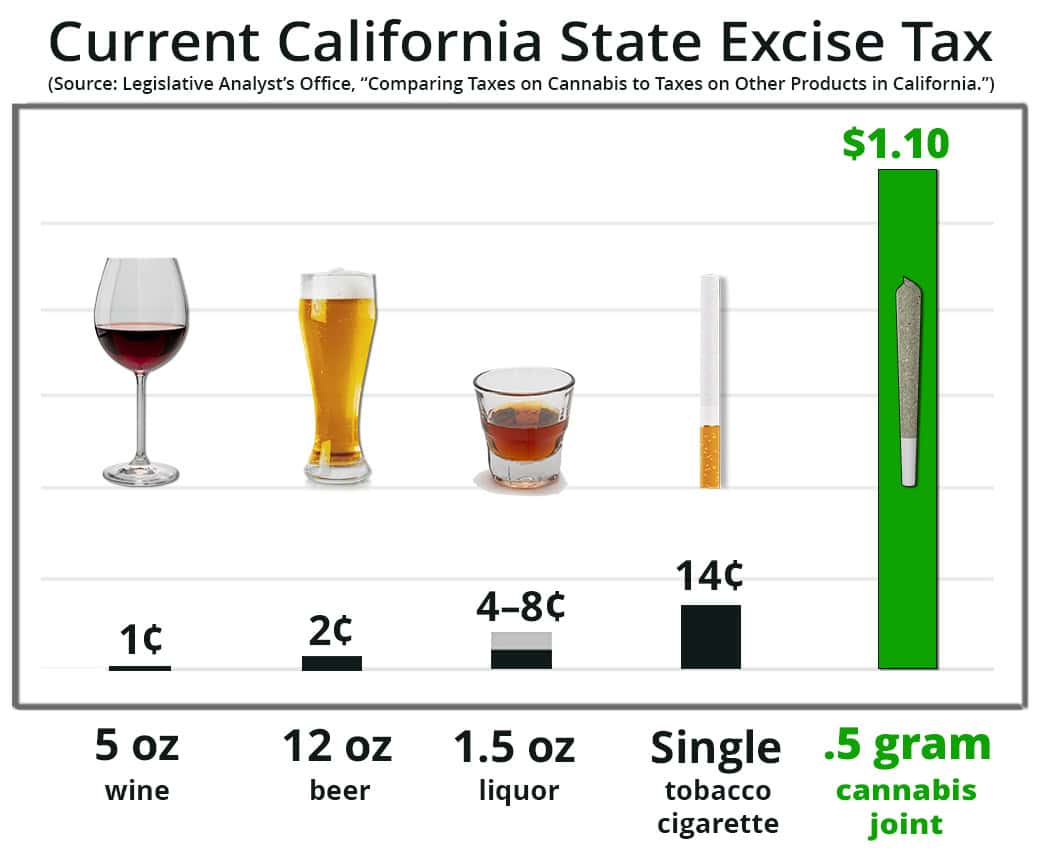Every election cycle, we grade the many of the presidential candidates based on their track record with cannabis (here’s our summary of 2020’s main candidates). We kicked off 2024 with our analysis of incumbent President Joe Biden (Grade C), and followed up with Republican challenger Ron DeSantis (Grade C+), who recently dropped out of the race and endorsed Donald Trump. Most recently, we covered Nikki Haley (Grade B-), another longshot challenger who is still around.
Today, I want to do something a little unusual and look at an independent candidate, Robert F. Kennedy, Jr. RFK Jr. initially got in the race as a primary challenger to President Biden, but dropped out of the Democratic race in October to run as an independent.
Overall Grade: A-
RFK Jr. was a long-shot candidate from the start, as evidenced by his leaving the Democratic race in favor of an independent race. But when it comes to cannabis, is more willing to entertain massive overhauls to federal cannabis laws than Biden or Trump (almost guaranteed to be the Republican nominee). For that reason, I’m giving RFK. Jr. an A- on the cannabis scale. Here’s why:
RFK Jr.’s views on drug policy reform are reportedly shaped on his own prior struggles with addiction. Early in his presidential campaign, when he was still in the Democratic race, RFK Jr. said he would legalize cannabis and even psychedelics–a view he has repeatedly affirmed. More recently, as an independent candidate, he released ads noting that he wanted to decriminalize cannabis to focus on addiction treatment.
So what would an RFK Jr. cannabis plan look like in action? We know that he proposes to (a) legalize cannabis and allow for state regulation, (b) impose federal taxes on it, (c) ensure that cannabis businesses have banking access, (d) use cannabis taxes to fund addiction treatment, and (e) according to his website, “grant amnesty to nonviolent drug offenders.” We don’t have too many specifics on what this would look like in action, but it’s leagues ahead of President Biden or former President Trump, both of whom I’ll come back to below.
Why RFK Jr. only gets an A-
I chose to give RFK Jr. an A- instead of a higher grade for two reasons. First, at this stage his plan lacks implementation detail. For example, we don’t know what kind of tax rate he’d impose at a federal level, and a high one would obviously be a burden on the industry. So I thought it best to reserve judgment until we know more.
Second, I am always very skeptical of legalization efforts that start out with the premise that a cannabis tax will solve or even put a dent in some pressing social problem. Look no further than my home state of California. I agree with RFK Jr. that the states should be free to regulate cannabis, but imposing a federal tax will just add to operators’ already heavy plates unless states or municipalities are simultaneously precluded from cannabis taxation. And that’s not going to happen.
So, with these things in mind, I gave RFK Jr. an A-. It’s still far ahead of the competition.
How does RFK Jr. compare to the main party contenders
The 2024 elections are unusual in the sense that the two main party challengers both have had stints in the Oval Office. (Yes I know Nikki Haley is still in the race for now, but let’s be real). Former President Donald Trump didn’t have a great track record on cannabis while in office. His biggest accomplishment, in my opinion, was removing hemp from the Controlled Substances Act. We’ll be coming out with a post in this series on Trump soon. Without revealing too much, he won’t get even close to RFK Jr. on cannabis law issues.
President Biden has been better, but nowhere near as transformative as many had hoped. In the 2020 election cycle, we gave him a D based in large part on his congressional track record. This time, we gave him a C. The reason for the improvement is that he’s granted a series of pardons for smaller federal cannabis offenses, and because he kicked off the administrative review that could lead to cannabis being rescheduled. That said, Biden has had the opportunity to work with Congress to pass some kind of cannabis reform bill that would have more teeth, but just hasn’t.
RFK Jr. definitely has plenty of unconventional and controversial views and positions. But when it comes to advancing a reasonable change in federal drug policy, he’s undoubtedly leagues ahead of both Biden and Trump. While another Kennedy presidency is unlikely in this election season, maybe one of the big ticket candidates will follow suit.
The post Grading the Presidential Candidates on Cannabis: RFK Jr. appeared first on Harris Sliwoski LLP.
from Canna Law Blog™ https://ift.tt/4OiwCR0
via IFTTT
